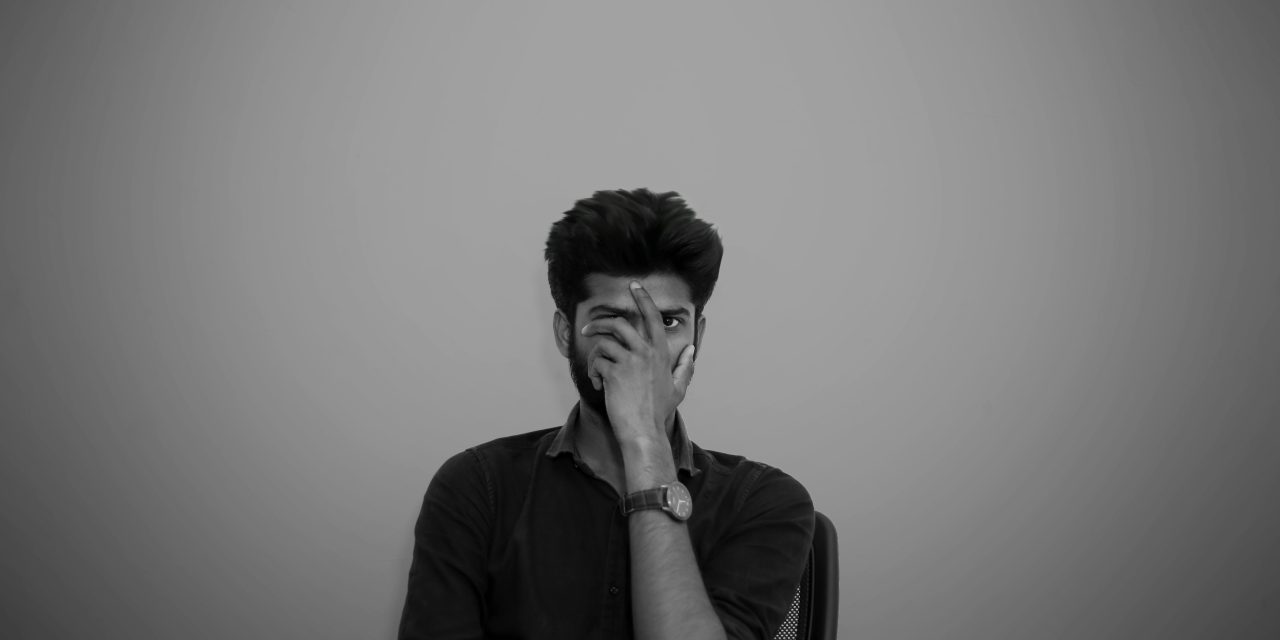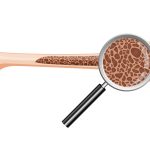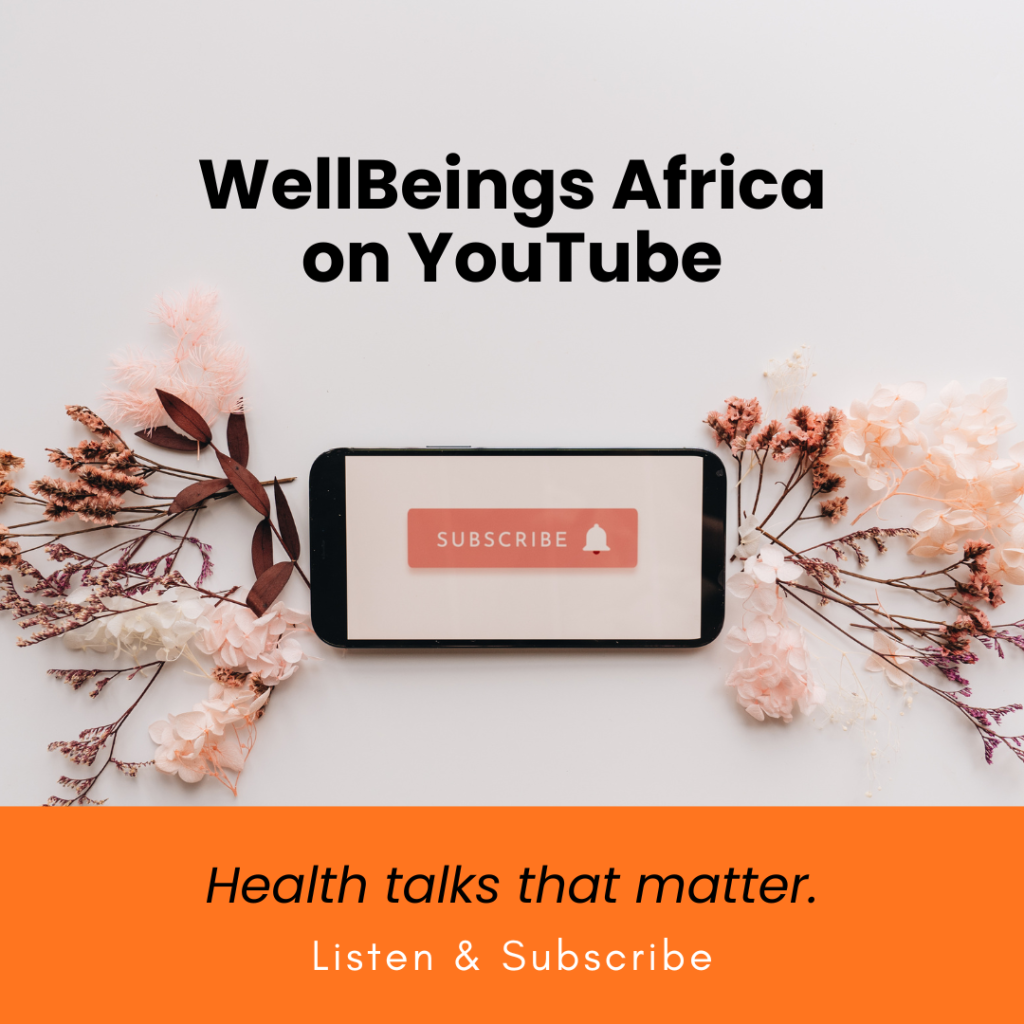Feeling flat, moody, and tired? Low testosterone might be the silent culprit
More than just a sex hormone, testosterone affects your mood, muscles, and mind. When your testosterone levels drop, your health and happiness can too. Let’s learn more about this condition.
Quick Read:
-
Low testosterone doesn’t just impact your body, it affects your mood and confidence too.
-
The signs of low testosterone are easy to miss but too important to ignore. Pay attention to your health.
-
Testosterone therapy can help reverse the effects of hypogonadism (when your sex glands produce little or no sex hormones).
What is low testosterone?
Feeling flat, tired, or not quite yourself lately? Sure, life gets busy — but if your energy’s low, your mood’s off, and your drive (in more ways than one) has taken a dip, it might be more than just stress.
Testosterone is a hormone that’s created mainly in the testicles. This hormone helps to maintain your bone density, fat distribution, muscle strength, facial and body hair, blood cell production, libido, and sperm production.
As you get older, it’s natural for this hormone to start slowing down its production. When this happens, you may start to experience a lower sex drive, declining energy levels, some mood changes and possibly, erectile dysfunction. There are a few ways you can maintain testosterone naturally, and there’s also testosterone replacement therapy which takes the form of patches, gels, or injections.

Natural testosterone boosters
Start by overhauling your diet to include Vitamin D-rich foods. This essential nutrient helps with the proper growth and functioning of bones, muscles, and nerves. You can find Vitamin D in mushrooms, eggs, fortified milk, orange juice and yoghurt, and fatty fish like mackerel.
While you’re at it, get moving and stay moving. Exercise can help prevent many health issues. Exercise is also a natural energy booster – which is just the trick for low energy levels.
Do everything you can to relax and ease stress. When you’re experiencing stress, your adrenal glands release cortisol, a stress hormone. Increased cortisol negatively impacts testosterone production. Make time for relaxation – yoga, deep breathing, meditation, or a walk.
And of course, it goes without saying – quit smoking and excessive drinking.
Testosterone therapy
Testosterone therapy can help reverse the effects of hypogonadism (when your sex glands produce little or no sex hormones). Some of the benefits of testosterone therapy might include an improvement in your energy levels and sex drive, and the quality of erections. It could also help boost your bone density and muscle mass.
While testosterone therapy can improve sexual function in men with low testosterone levels, there is little strong evidence that it enhances overall wellness, energy, or cognitive function in healthy men. Most studies show that, outside of treating diagnosed testosterone deficiency, the benefits of testosterone therapy are limited. Testosterone therapy does come with some risks as well, such as sleep disturbances, acne, enlarged breast tissue, shrinking testicles, and reduced sperm production. There is also an increased risk of developing blood clots.
Given these potential side-effects, it’s important to ask yourself whether therapy is truly necessary. Make sure you understand the risks and discuss alternatives with a doctor. In the meantime, you can support healthy testosterone levels naturally by making positive lifestyle changes.
It’s normal to feel discouraged, angry, and depressed as testosterone production slows down and brings on frustrating effects. Don’t forget to also check your medications, as they may affect your testosterone levels. See your doctor and discuss the various treatments available for you.
Images: Freepik/Unsplash





















